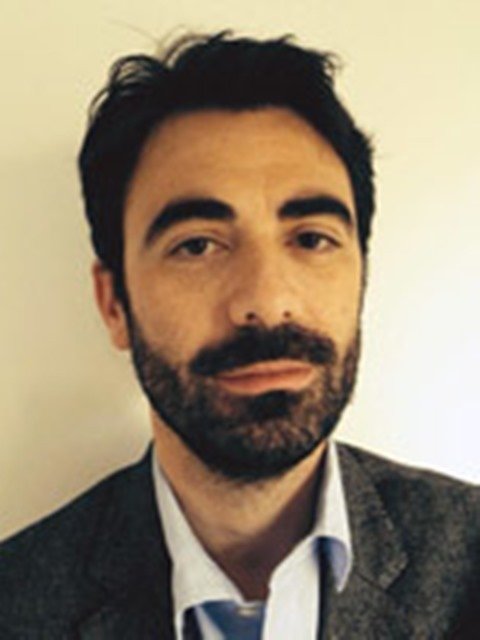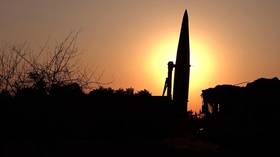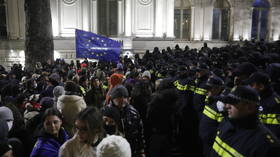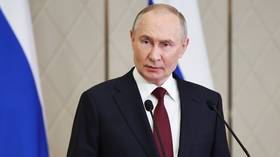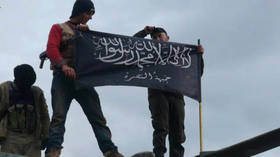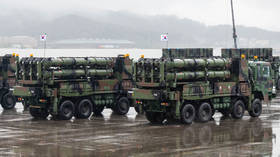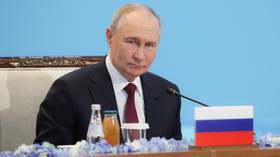Why philosophers must take a stand on Gaza
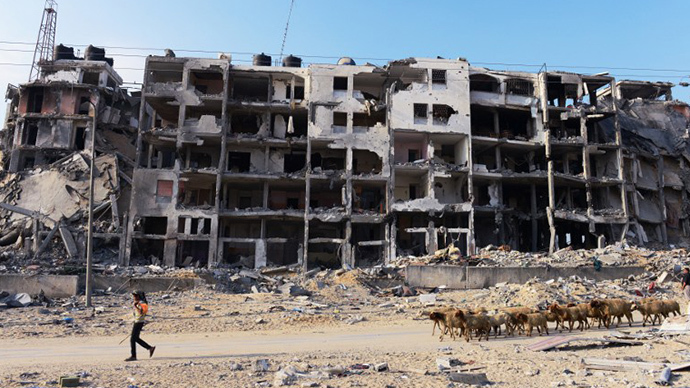
What are Western philosophers thinking about this summer? Are they simply writing new books about Aristotle, German idealism, or Jacques Derrida’s deconstructionism?
Or are they thinking about the recent disproportionate use of violence against the citizens of Palestine and the conflict at large? Do they have any responsibility to do so?
The question is whether philosophers should take a stand in this conflict. What characterizes our discipline is existence, that is, the vitality of concepts and our relation to them. This is what distinguishes philosophy from other disciplines. While the sciences calculate, philosophy thinks, inquires why and how we calculate in the first place. Unfortunately, not all contemporary philosophers remember that thinking is our proper domain. The dominion of science in our technological global societies has convinced many philosophers that it is enough to describe, analyze, and conserve the world’s condition and norms. But philosophers are thinkers whose discipline is meant to overcome this conservative analysis by constantly interpreting and reinterpreting the world around us, both physical and political.
All year long we teach classics, history, and problems of philosophy, and perhaps (at our best) we even “create concepts” as the late French philosopher Gilles Deleuze requested from us. But is this enough? Isn’t a philosopher (unlike most scientists) also a public intellectual meant to stir, shake up, and provoke to enable new ways of thinking?
More than one hundred years ago, Karl Marx, whose popularity has recently returned among not only philosophers but also activists, said that “philosophers have only interpreted the world, in various ways. The point, however, is to change it.” With this statement the German thinker was not simply pointing out a traditional problem (between theory and practice) that tormented philosophers for centuries but also questioning the philosophers’ role in society. It seemed to him that we had become incapable of changing the world. But what was Marx really trying to tell us? While some scholars thought he was requesting stronger material descriptions of our condition in the world, others instead saw it as a call to change the role of philosophers, that is, our theoretical contribution to society. Considering the sociopolitical consequences of his philosophy, the latter option is more plausible.
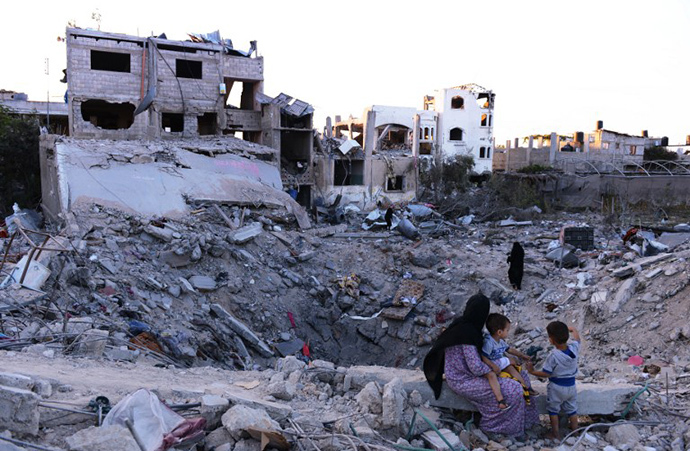
For those of us who think Marx was right to call on philosophers to become involved in events, philosophy is not simply about describing or analyzing concepts (which Peter Unger recently defined as “empty ideas”) but rather interpreting and changing them. While descriptions are meant to disclose and conserve reality, the status quo, interpretations make new contributions to reality, constantly produce change. Perhaps, Marx’s statement should have been: “philosophers have only described the world in various ways. The point, however, is to interpret it for the sake of change.”
If public intellectuals today, as David Palumbo-Liu pointed out, “are not simply arbiter[s] of opinion and supplier[s] of diversity, but provocateurs who also provide compelling reason to think differently,” perhaps philosophers ought to be the first to thrust themselves into events that urgently need alternative opinions, views, and interpretations. Gaza is one of these. The biased coverage in most Western media has almost managed to convince public opinion that the disproportionate use of violence in Gaza has become the norm. This is why, as Noam Chomsky pointed out a few days ago, “amid all the horrors unfolding in the latest Israeli offensive in Gaza, Israel's goal is simple: quiet-for-quiet, a return to the norm. For the West Bank, the norm is that Israel continues its illegal construction of settlements and infrastructure so that it can integrate into Israel whatever might be of value, meanwhile consigning Palestinians to unviable cantons and subjecting them to repression and violence. For Gaza, the norm is a miserable existence under a cruel and destructive siege that Israel administers to permit bare survival but nothing more.”
The pressing need to change the normal state of this conflict is among the very few things everyone agrees upon —other than the international community, of course. Philosophers, then need to take a stand in this conflict as Judith Butler, Slavoj Zizek, and Gianni Vattimo have done. These philosophers and others have not simply left aside for a few hours their philosophical research (on gender theory, Hegel, and hermeneutics) to condemn the disproportionate use of violence—and it is important to stress here that anti-Zionism and the denunciation of a violent regime is not anti-Semitism—and support the Boycott, Divest, and Sanctions (BDS) movement; they have also provided different interpretations that provoke us to think differently. I’m not saying that it is thanks to them that “the world is starting to turn against Israel” as Robert Fisk said, but that their actions and interpretations begin to help us understand, as Daniel Barenboim recently pointed out, that “this is not a political conflict but a human one.”
There is nothing more philosophical than understanding this difference. If philosophers must become involved in this event, it’s not because our discipline is morally superior to others. Rather, it is the essence of philosophy to change the world, and the world demands our involvement.
Santiago Zabala for RT
Santiago Zabala is ICREA Research Professor of Philosophy at the University of Barcelona. His books include The Hermeneutic Nature of Analytic Philosophy (2008), The Remains of Being (2009), and, most recently, Hermeneutic Communism (2011, coauthored with G. Vattimo), all published by Columbia University Press.www.santiagozabala.com
The statements, views and opinions expressed in this column are solely those of the author and do not necessarily represent those of RT.
The statements, views and opinions expressed in this column are solely those of the author and do not necessarily represent those of RT.
